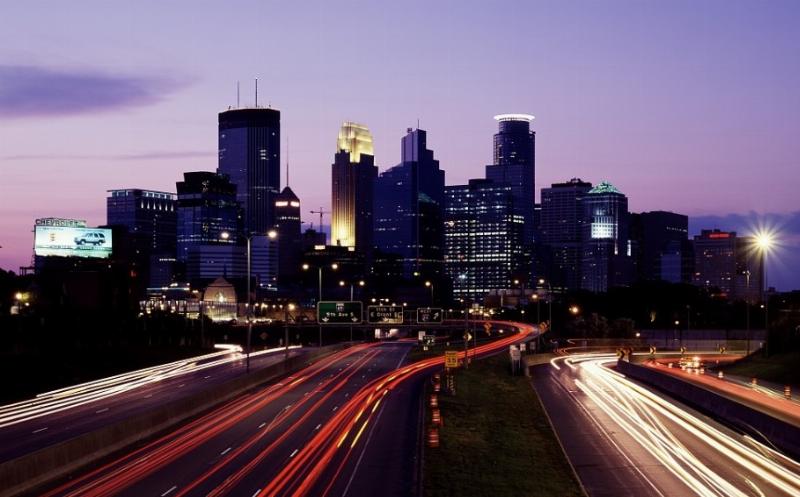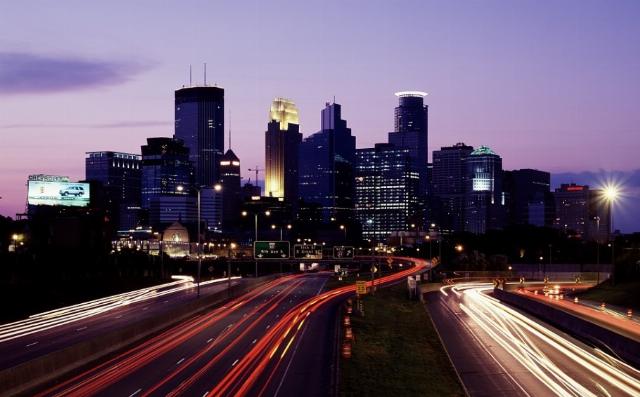


In August 1969, Charles Manson orchestrated the brutal murders of Sharon Tate, her companions, and Leno and Rosemary LaBianca. His goal was to frame black Americans for these crimes, believing that this would inflame racial tensions, provoke violent retaliation, and lead to societal collapse. Manson’s actions stemmed from a deeply racist ideology, viewing black people as inferior and incapable of self-governance, and sought to exploit fears of racial unrest during the Civil Rights era.
The question is whether the Democrat (they’re not democratic) party’s rhetoric and policies, by emphasizing divisive issues, contribute to societal tensions in a way that echoes Manson’s aim to provoke conflict, while carefully acknowledging key distinctions.
Recent years have seen heightened societal tensions, with incidents of violence contributing to a polarized nation. High-profile cases such as the tragic deaths of Debrina Kawam, Alyna Zarutska, Fletcher Merkel, Harper Moyski, Charlie Kirk, and others — highlight the human cost of unrest. Some argue that the Democrat party’s focus on issues like systemic racism, reparations, transgenderism, climate alarmism, and gun control intensifies divisions by pitting groups against one another.
Critics, including Brit Hume, point to disproportionate crime rates, particularly homicides among black Americans, arguing that the left’s emphasis on systemic injustice over these statistics fuels resentment and mistrust, creating conditions ripe for unrest and violence. Similarly, Alex Berenson suggests that misrepresentations of crime data in liberal rhetoric contribute to societal anger, potentially escalating tensions.
The Democrat party’s approach bears some resemblance to Manson’s strategy of manipulating narratives to inflame conflict. For example, media coverage of incidents like Michael Brown’s death in Ferguson, Missouri and George Floyd’s death in Minneapolis, Minnesota amplified narratives like “Hands Up, Don’t Shoot.” The aftermath of Floyd’s death saw widespread protests, some escalating into riots, looting, and violence, including assaults on citizens and police.
By emphasizing racial disparities and systemic issues, Democrat rhetoric deepens divisions, much as Manson sought to exploit racial fears to provoke chaos. There are, however, critical distinctions.
Manson actively orchestrated murders to frame black activists, driven by an explicit intent to destroy society through racial hatred. In contrast, Democrat policies ostensibly operate within the framework of political discourse and governance, aiming to address inequalities, even if their approach usually amplifies tensions while giving them plausible deniability. After every violent leftist act, prominent Democrats announce that “violence has no place in our society,” and not long afterward, they resume calling conservatives and Republicans “literally Hitler,” fascists, racists, xenophobes, etc. ad nauseam. This rhetoric incites individuals in the ever-burgeoning extremist fringe in their party, inspiring copycats.
Governors, mayors, and other officials enact laws emphasizing racial disparities, creating classes of victims and oppressors, leading to differential treatment in media and justice systems. This dynamic, though not overtly malicious like Manson’s actions, still contributes to societal division, with consequences that resemble the chaos he sought to ignite.
Positive examples of governance offer a counterpoint. President Trump’s crime reduction efforts in Washington, D.C. have significantly lowered homicide rates, disproportionately benefiting black communities. This demonstrates that focusing on public safety and effective law enforcement, rather than divisive narratives, stabilizes communities and reduces violence, countering the chaos Manson envisioned and that Democrat policies foster.
To move forward, we must ask what kind of society we want. Policies that bridge divides, prioritize public safety, and promote honest dialogue reduce tensions and prevent the kind of chaos Manson sought. Although the Democrat party’s actions differ significantly from Manson’s criminal orchestrations, the unintended consequences of their rhetoric and policies warrant scrutiny to ensure that they do not contribute to a cycle of division, unrest, and violence.

Image via Picryl.
